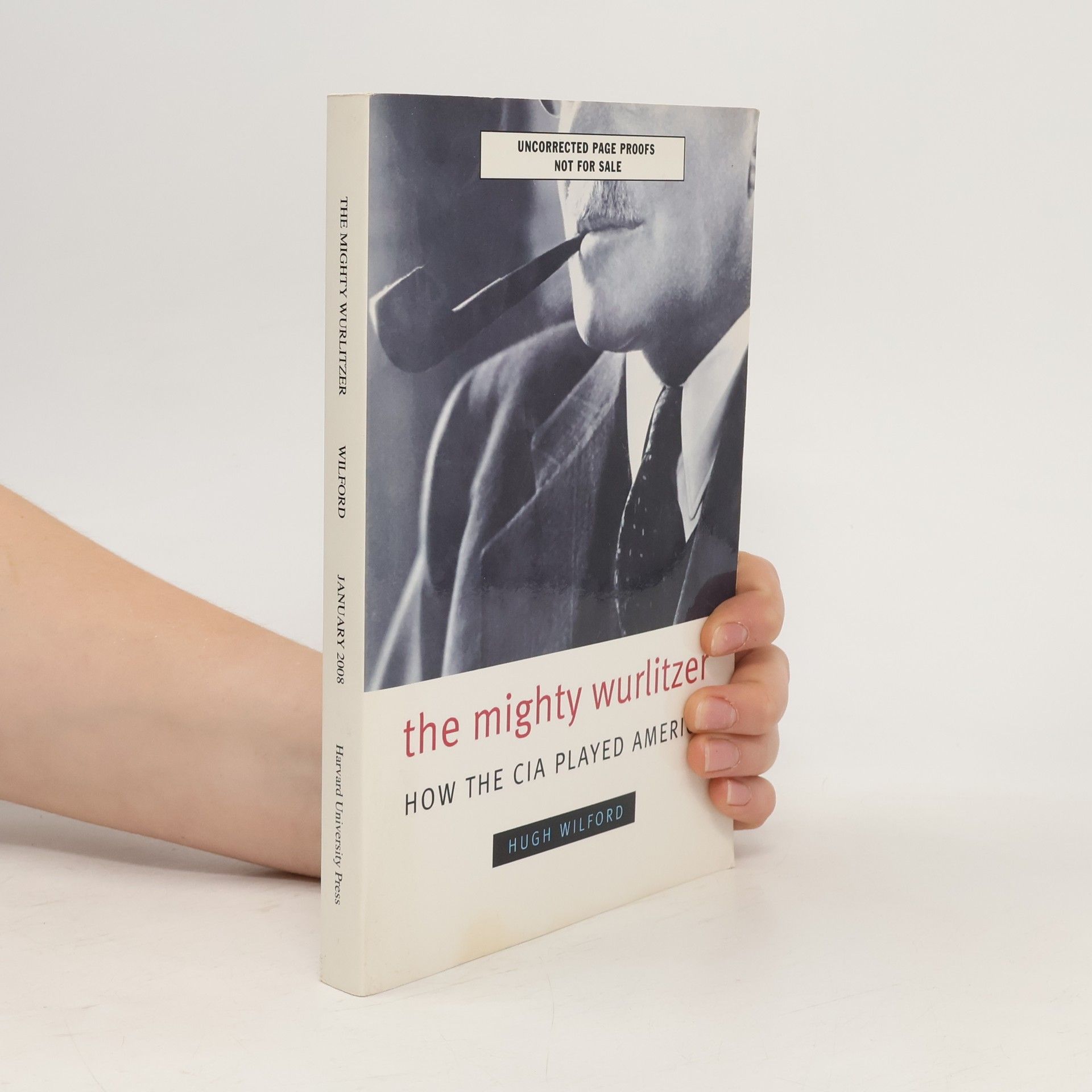A celebrated British historian of US intelligence explores how the CIA was born in anti-imperialist idealism but swiftly became an instrument of a new covert empire both in America and overseas.As World War II ended, the United States stood as the dominant power on the world stage. In 1947, to support its new global status, it created the CIA to analyse foreign intelligence. But within a few years, the Agency was engaged in other operations: bolstering pro-American governments, overthrowing nationalist leaders, and surveilling anti-imperial dissenters in the US.The Cold War was an obvious reason for this transformation - but not the only one. In The CIA, celebrated intelligence historian Hugh Wilford draws on decades of research to show the Agency as part of a larger picture, the history of Western empire. While young CIA officers imagined themselves as British imperial agents like T. E. Lawrence, successive US presidents used the covert powers of the Agency to hide overseas interventions from postcolonial foreigners and anti-imperial Americans alike. Even the CIA's post-9/11 global hunt for terrorists was haunted by the ghosts of empires past.Comprehensive, original, and gripping, The CIA is the story of the birth of a new imperial order in the shadows. It offers the most complete account yet of how America adopted unaccountable power and secrecy both at home and abroad.
Hugh Wilford Knihy




In 1967 the magazine Ramparts ran an exposé revealing that the Central Intelligence Agency had been secretly funding and managing a wide range of citizen front groups intended to counter communist influence around the world. In addition to embarrassing prominent individuals caught up, wittingly or unwittingly, in the secret superpower struggle for hearts and minds, the revelations of 1967 were one of the worst operational disasters in the history of American intelligence and presaged a series of public scandals from which the CIA's reputation has arguably never recovered. CIA official Frank Wisner called the operation his "mighty Wurlitzer," on which he could play any propaganda tune. In this illuminating book, Hugh Wilford provides the first comprehensive account of the clandestine relationship between the CIA and its front organizations. Using an unprecedented wealth of sources, he traces the rise and fall of America's Cold War front network from its origins in the 1940s to its Third World expansion during the 1950s and ultimate collapse in the 1960s. Covering the intelligence officers who masterminded the CIA's fronts as well as the involved citizen groups--émigrés, labor, intellectuals, artists, students, women, Catholics, African Americans, and journalists--Wilford provides a surprising analysis of Cold War society that contains valuable lessons for our own age of global conflict.
America's Great Game
- 400 stránok
- 14 hodin čítania
An absorbing account of romantics enchanted by Kiplingesque myths and the Lawrence of Arabia legend, who cynically harboured the self-contradictory ambition of democratizing the Arab world and Iran while arrogating all decisions to themselves. Times Literary Supplement
A celebrated British historian of US intelligence explores how the CIA was born in anti-imperialist idealism but swiftly became an instrument of a new covert empire both in America and overseas.